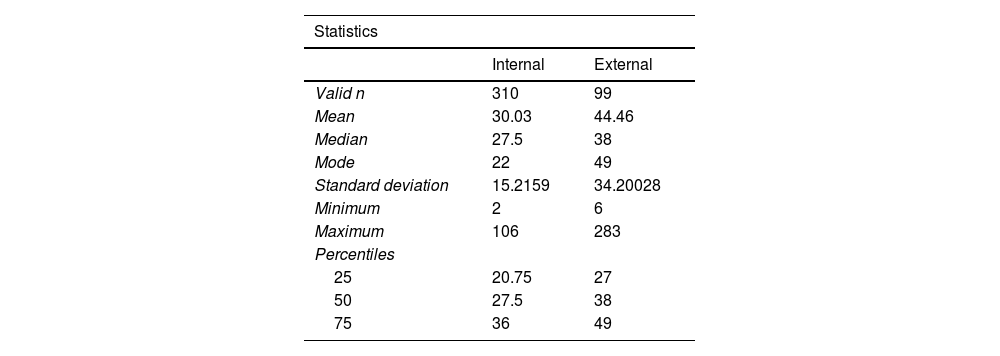Universal hearing screening offers unique possibilities for detection of congenital deafness as a consequence of congenital cytomegalovirus (CMVc) infection, so its selective study in the case of a failed test could be a non-negligible screening opportunity while other guidelines covering the possibility of universal screening are adopted. The aim of this study is to analyse the possibility of selective screening for CMVc after an altered hearing test in a regional hospital. During the period studied, the results obtained were unsatisfactory, especially in children born outside the hospital of residence, showing an excessive delay in hearing screening in many cases and in the few cases where CMVc screening could be performed, only 30% had the test ordered in a timely manner. The reasons for this are varied and the solution is to include selective screening for CMVc in the hearing screening programme. This implies shortening the timing of the hearing screening protocol to allow CMVc testing in saliva or urine (preferably) before 21 days of age and providing screening programmes with the necessary staff and time to perform it properly.
El cribado auditivo universal ofrece posibilidades únicas de detección de la sordera congénita como consecuencia de la infección por citomegalovirus congénito (CMVc), por lo que su estudio selectivo ante una prueba alterada podría ser una oportunidad de detección no desdeñable mientras se adoptan otras directrices que cubran la posibilidad de un cribado universal. El objetivo de este estudio es analizar la posibilidad de cribado selectivo de CMVc tras el recribado auditivo alterado en un hospital comarcal. Durante el periodo estudiado, los resultados obtenidos son insatisfactorios sobre todo en niños nacidos fuera del hospital de residencia, mostrando un retraso excesivo del recribado auditivo en muchos casos y en los pocos casos que se podía cribar el CMVc, sólo el 30% tenían la prueba efectuada en tiempo y forma. Las razones son de diversa entidad y las soluciones pasan por incluir en el programa de cribado auditivo el estudio selectivo de CMVc. Esto implica acortar los tiempos del protocolo de cribado auditivo para permitir el estudio de CMVc en saliva u orina, antes de los 21 días de vida, y dotar a los programas de cribado del personal y tiempo necesario para su adecuada realización.








